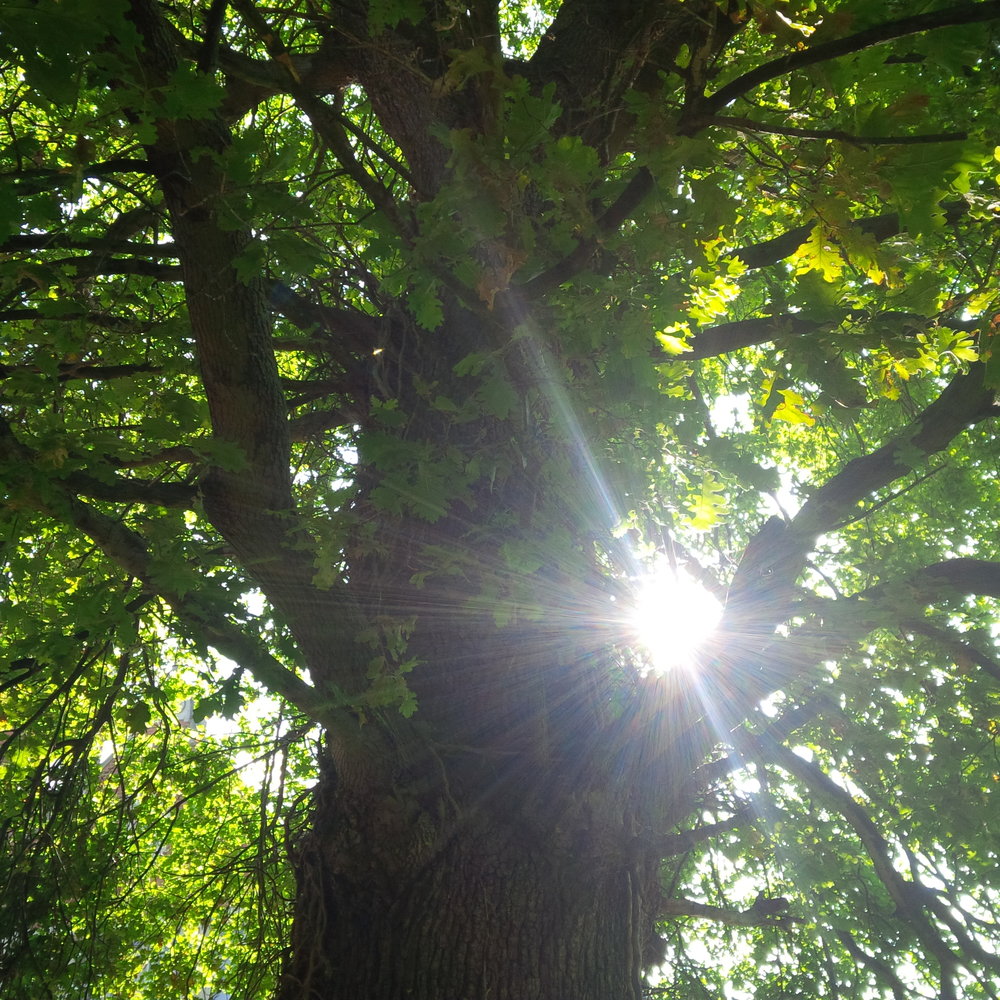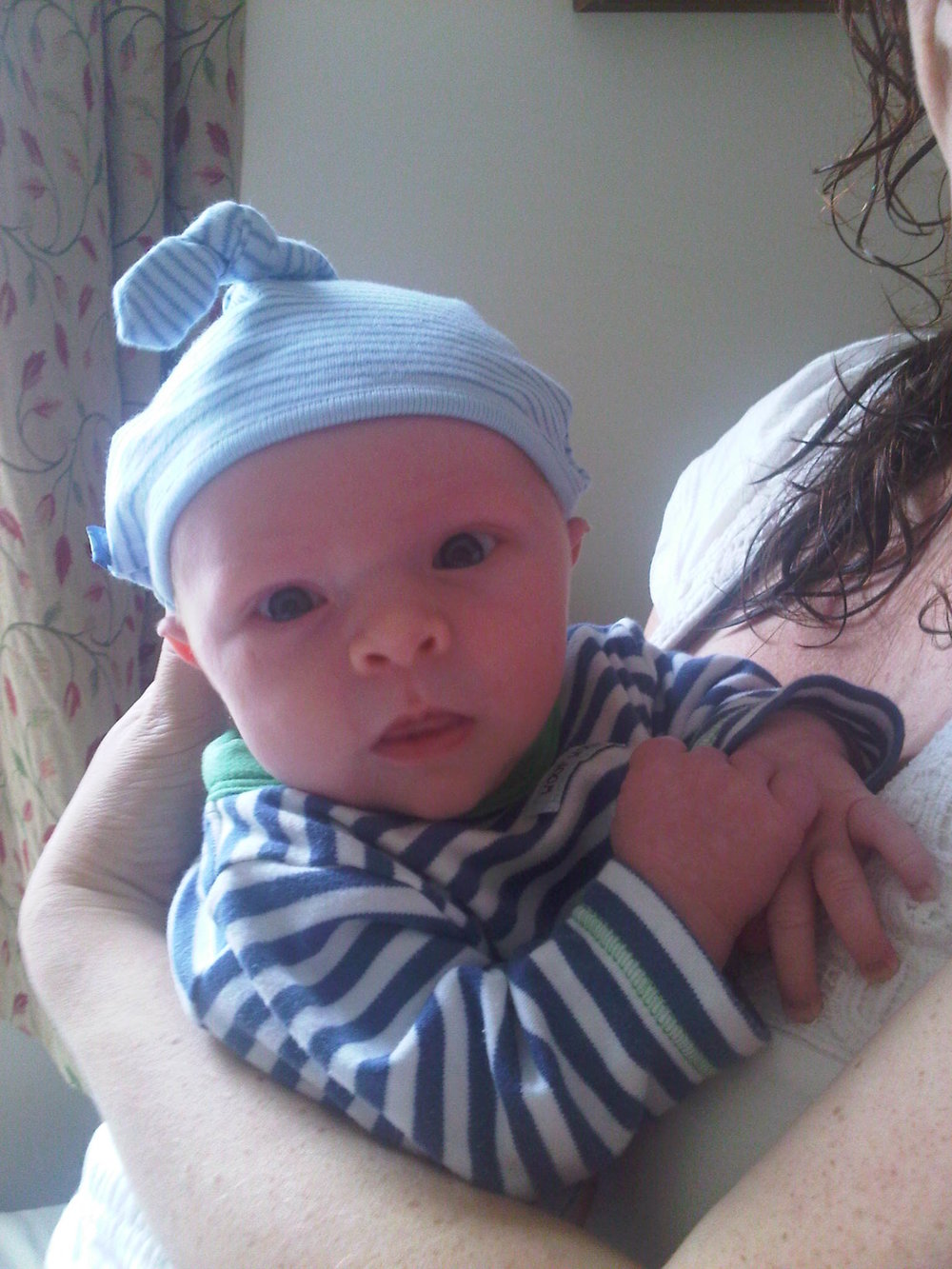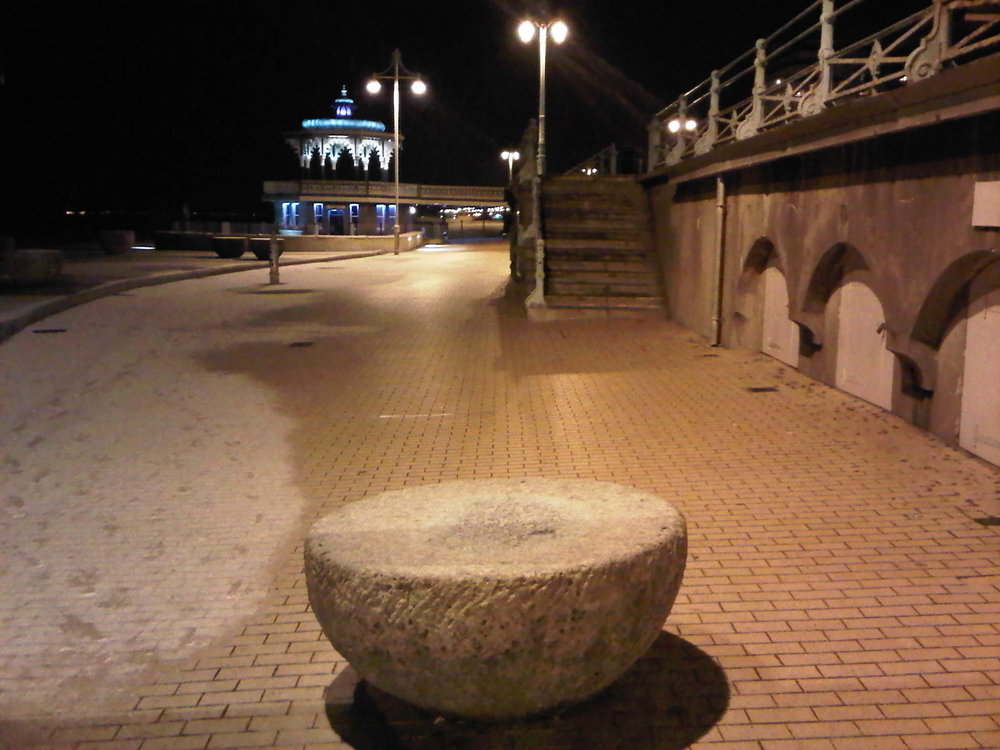Radical Embrace
Here is a taste of the book I am working on:
Radical Embrace: Integrating Leadership, Embodiment, Compassion and Sustainability - A Philosophy and Framework for Changing the World
It's about taking the radical act of really loving the world. Let me know what you think and if you want to be told when it's out sign up for my newsletter.
I frequently feel completely overwhelmed. When I look reality in the eye and honestly reflect on the state of the world around me I feel swamped. I can drown in the combination of the very real danger of environmental collapse, the hazardous imbalance of the current financial system both locally and globally, the all-too-often petty and self-serving political climate, the immediate challenge of keeping food on the table for my family, and the very real potential that I will burn myself out if I don’t manage the pace of my work better. Facing all of that I feel totally overwhelmed and I’d be very surprised if I’m the only one. Optimist that I am on a good day, I like to think that at least some of these challenges will shift and be addressed or resolved in the not-too-distant future. Obviously the smaller, more personal ones I have more control over in some ways but all of these difficulties on all of the levels feel to me so utterly interconnected that while I am earning a living today that could all come crashing down as a result of some aspect of the larger picture tomorrow. Looking after myself feels like a short-term solution, especially as I have a son and I don’t want my legacy to my child to me a broken world, too far gone to repair.
Can you recognise this picture? My guess is, that if you are reading this, then at least some of it will be ringing true for you too. I want to be clear early on that I don’t have a magic bullet. I am no political, financial, or environmental expert here to offer you and the world a five-point-plan for fixing everything. What I do want to offer here is some of my thinking about how we can positively turn towards these many difficulties that lie before us rather than running away. In many ways I am a creature of structure so I have been working this stuff out for myself, trying to make sense of the world and my place in it in these troubled times. So I want to offer it to you for two basic reasons: firstly out of compassion and in the hopes it may help you to feel less overwhelmed when looking modern life in the eye, and secondly because it is my conviction that if we don’t all start taking a deep personal interest in taking care of our world then it may soon be too late. I’m not convinced that some kind of super-hero leader is going to come and tell us all what to do and make it O.K. If we find solutions to our problems then I think it will come from a groundswell of concerned and caring individuals and I’d like to be one of them. I hope you do too.
I have been considering 4 aspects: Power, Posture, People, Planet - a flow from self to world. As well as finding structures or models like this useful in giving shape to my thinking, I also think structure is a useful metaphor in how we consider our approach. Different movements tend to emphasize different aspects of this flow but I believe that if we don’t work through an integrated whole then our approach to our challenges will be structurally unsound and liable to collapse. This is one possible meaning of integrity: that the structure of our approach is sufficiently connected and coherent, the different aspects not just balanced but integrated with each other, that it becomes a strong whole rather than a combination of parts.
The first layer, the intra-personal is about me relating internally with myself, this can happen through thinking, reflection, meditation and other internally focused processes. I seek to access my power to lead and influence the world. The second layer, the personal is the bridge between this internal world and the outside world which I am seeing here primarily as the body. However, I am viewing the body through the lens of embodiment, as my subjective experience of my body as me, not the body as an object which I ‘use.’ The third layer, the interpersonal, is where I interact with other human beings through relationships - with compassion. The fourth layer, the trans-personal, I am defining a little differently than it’s normal use. It is usually used to describe an awareness or sense of extending beyond (trans) the ordinary to encompass wider aspects of the psyche or the cosmos. The way I am using it here is not dissimilar but has a subtle distinction. I am using it to refer to our relationship with that which is greater than ourselves. This can include a concept of God, spirit, or the Divine if those aspects are meaningful to you but as you can probably guess from the fact that I have also labeled this layer ‘Planet,’ I am seeing the planet Earth as a being which is greater than us. I consider there to be literal truth to this in terms of viewing Earth as a huge organism, an integrated whole, as well as being made up of many disparate parts. There is also a spiritual aspect to this for me which comes from earth-based spiritual traditions whereby nature (the Earth) is seen as the visible face of spirit and we as humans belong to the Earth rather than the Earth belonging to us. I will explore this further in the chapter addressing this ‘circle of concern’ but wanted to give you a basic sense of what I meant and how I am using the word ‘trans-personal’ in this context.
In many ways this model is not new. Ancient wisdom traditions such as Yoga, when you look at the whole system, had models or methods for integrated action which spanned the internal through the social, to the external world. However, many of these traditions have been only partially learned, passed on or practiced in their transition to the modern world. They also require a certain level of acceptance and commitment to the associated religious or spiritual beliefs. What I am seeking to do here is offer a model or way of seeing our choices for action in a way which honors the wisdom of these ancient traditions while setting it in our modern context and, as far as possible, making it as accessible and free of specific belief-systems as I can.
I can’t promise salvation for you, anyone or anything else, or this beautiful planet we inhabit. I don’t have definitive answers about where we most need to use our finite resources to right the potentially sinking ship of humankind’s survival on planet Earth. However, I can offer a framework, a guide to a way of being that is helping me to face into the difficulties and pain in the world rather than turning away from them. One thing is for sure: pretending nothing is wrong won’t work, numbing ourselves to the pain and distress in the world or living in denial will only narrow our window of opportunity for effective action. We may be facing more and greater challenges than ever before in human history and it is my conviction that we need to do something. So, this philosophy, this framework is my contribution. It is not another argument for a particular cause, it is a way of being which as well being a framework for certain kinds of action in and of itself is also intended to help you to work out which are the battles you wish to engage in. I don’t believe there is a single battle we can all lend our weight to and thereby resolve the difficulties we are facing. I wish there was. I wish such a simple conclusion was something I could offer you and myself but it’s not. If we can all find a graceful way to turn towards the conflicts in the world and in ourselves, however, I believe we can all also see clearly which battles are our battles and by taking our place in the bigger picture perhaps the collective action on multiple fronts will make the difference needed to usher in the kind of planetary healing that is needed to build a better world for future generations.
This then is Radical Embrace. I think we must have integrated action in ourselves, fully inhabiting our bodies, with each other, and in the world. We must embrace ourselves, each other and the world if we are to have the integrity to face the profound challenges of our time. We must take the radical and difficult step of really giving a shit. We need to find that place of absolute care and compassion deep down in ourselves and make the radical choice to bring the world with all it’s pain and difficulty closer to us. And this embrace of the world cannot be limited to only the small immediate picture of our own healing and development, or the big future picture of the world’s healing and development but must be an embrace that starts within us and ripples out-wards.










